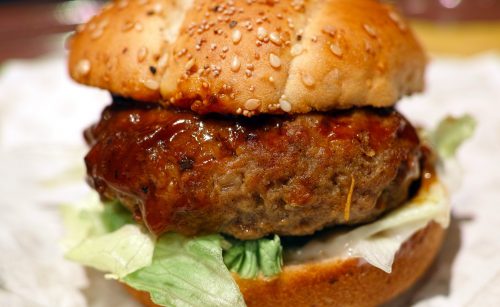Have you ever taken a bite of a greasy cheeseburger, considered whether it increases your risk of heart disease, and immediately told yourself, “It won’t happen to me?” This is ane example of optimism bias—the belief that each of us is more likely than average to experience pleasant events, and less likely than average to experience unpleasant ones. Earlier this year, a joint research effort between City University London, Oxford University, and Yale revealed that optimism bias also extends beyond ourselves to other people that we care about. Their results were published this January.
“The optimism bias in learning,” explains Molly Crockett, a Yale professor involved in this research, “has been shown for beliefs about our own future—if we receive good news, we incorporate that new knowledge into our beliefs, but if we receive bad news, we don’t incorporate it as much.”
The researchers hypothesized a similar bias for beliefs about the futures of people that we care about—a bias they coined “vicarious optimism.” Their experiments confirmed this hypothesis, demonstrating that learning good news about a friend’s future typically resulted in a positive updating of beliefs about that person. Bad news about a friend, on the other hand, was much more likely to be neglected. “The size of the bias was similar between for the self and for a friend,” says Crockett, an indication of the impressive power of vicarious optimism. The researchers further found that vicarious optimism is also present for likable strangers, and that the more likable the stranger, the greater the bias. This result suggests that the bias is correlated with how much we care about others.
Crockett thus recommends seeking advice from parties who are not invested in what happens to you. Looking forward, the researchers are continuing their investigation of whether the bias is present between in-group members, to examine the extent to which optimism bias extends beyond the self.

